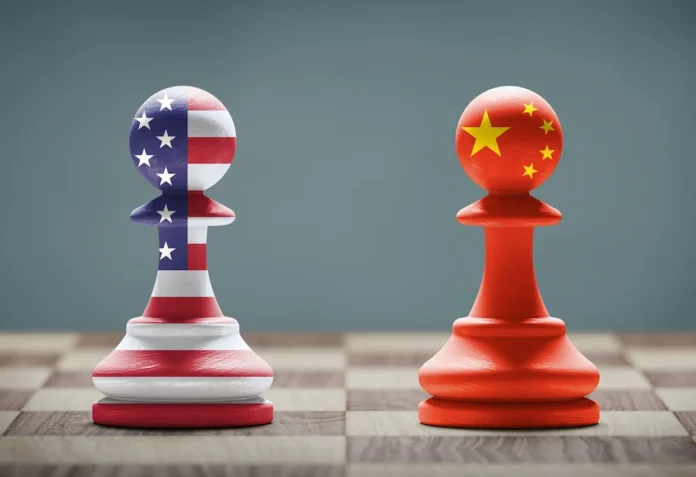
Published 09/25/2023 16:54 | Edited 09/26/2023 19:50
Japan and South Korea are allies of the United States, but they have historical differences between them. At the end of the 19th century, taking advantage of a local revolt against the Korean king, who gave allegiance to China, the Japanese invaded Korea and made it a vassal state of Japan, occupying it until 1945, when Japan was defeated in the World War II. As in China, also invaded by Japan, in 1937, the Japanese imperial army committed war crimes against the Korean people for which it never apologized. Although today, both South Korea and Japan orbit within the United States’ area of influence, both housing United States military bases, they harbor mutual distrust due to Japan’s imperialist past.
Read too: Ethiopia in the BRICS – and the union with China
In regional politics, relations between China and South Korea were excellent, until South Korea accepted that the United States install an anti-missile shield on its territory, supposedly to protect it from possible attacks from North Korea, but which also represents a threat against China. As the New York Times (8/21) highlighted, “In 2017, when South Korea agreed to the deployment of an American anti-missile battery system known as THAAD, many did not trust the government’s explanation that it was deployed solely to protection against North Korea, and not as a tool for the American military to monitor Chinese missile activity as well. Many South Koreans would prefer to stay out of the great power competition between the US and China.” Japan and China, in turn, also have historical differences that are still unresolved today, related to the war crimes committed by Japanese imperialists when they invaded China in the Second World War and the occupation of the Diaoyu Islands that have not yet been returned to China.
Taking advantage of the fact that the current leaders of both Japan – Fumio Kishida – and South Korea – Yoon Suk Yeol – are openly Americanophiles and hostile to China, Biden forged an agreement between the two countries with the aim of forming a military alliance in the region with the supposed objective of defending themselves against China, but whose real intention is to threaten China, since the Chinese would have no reason to attack either country.
Read too: China in the Argentina/IMF agreement: imposing reform of the international financial system
Just as they did with Russia, in the case of the War in Ukraine, the United States adopts a policy of siege and provocation against China by building anti-China military alliances in the region, encouraging separatism in Taiwan, arming Australia with nuclear submarines, trying to bringing India into its orbit of influence and sharpening the historical differences between the two countries.
They do this hypocritically, under the false argument of defending themselves against China, when in fact their only objective is to attack China and prevent its development which, in their selfish view, could represent a threat to American hegemony in the region. This was the tone of the meeting promoted by Biden at Camp David on August 18th with the leaders of Japan and South Korea, taking a big step towards a military and economic partnership between the three countries, to supposedly respond to the challenges coming from China. The only thing he will achieve with this, and probably what he really wants, is to further increase tensions in East Asia to continue feeding and providing profits for the North American military-industrial complex.
Source: vermelho.org.br

